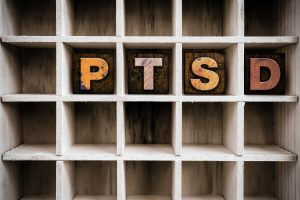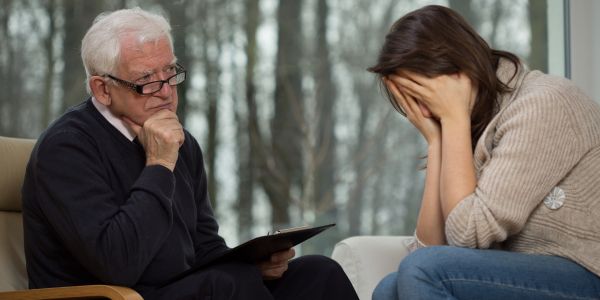
We are living through extraordinary times, the like of which we have never before experienced in the UK. Our emergency services and hospital teams sweep into action after each atrocity to offer assistance to the injured and comfort those who suffered the ultimate loss. For those who lost family members or sustained life-changing injuries, the road ahead is long and painful. At first, people will remember the victims but, as time goes by and terror campaigns targeting innocent victims continue, names will sadly turn into statistics.
Traumatic events in the workplace
However, you don’t have to be caught up in terrorist attacks to feel the effects of trauma. It could be that simply watching the news brings reminders of a time when you experienced trauma yourself. Trauma may be brought on by events such as an accident at home or at work, a robbery, a fire, lay-offs, death in service, threats, violence, or natural disasters such as floods.
What can an organisation do?
Nothing can adequately prepare organisations or individuals for the occurrence of a traumatic incident because, by definition, such incidents are outside ‘normal’ experience. However, research shows that the way an organisation treats its staff in the aftermath of a traumatic incident can have a profound effect, not only on the recovery of individuals directly involved, but also on their colleagues and families. Individuals may be traumatised by a disaster for some time afterwards and during this period their productivity and commitment to the organisation can be drastically reduced. Managers may find themselves having to play a key role in managing a situation which might ultimately be more damaging to the organisation than the original event.

The nature of trauma
Anyone who has been involved in a traumatic incident is likely to experience some form of reaction to it. Such reactions may happen immediately or they may not occur until weeks, months, or sometimes years afterwards.
Staff are more likely to be badly affected if:
- There were fatalities and/ or injuries during the traumatic incident, and these were sudden or violent
- Individuals experience feelings of guilt, wondering whether they could have done more to help the injured or could have prevented the incident from happening
- They lack adequate support from family, friends or colleagues
- Stress arising from the incident comes on top of existing problems that are unrelated
Emotional reactions
An individual’s emotions are likely to be in turmoil after an incident, although some people may not feel anything. Amongst the more common reactions are:
Irrational guilt for having survived when others did not
Anger at what has happened, or at the injustice or senselessness of it
Fear of breaking down or losing control and being unable to cope
Shame for not having reacted as they might have been expected to
Sadness at the deaths and injuries of colleagues

Post-traumatic stress disorder (PTSD)
People are very likely to find that they are unable to stop thinking about the incident. They may experience disturbed sleep, suffer loss of memory, concentration or motivation. They may experience flashbacks and hate to be reminded of what happened, or may always have to be on their guard against a repetition of the incident.
Physiological reactions
Individuals often experience reactions such as tiredness, sleeplessness, having nightmares, dizziness, palpitations, shaking, difficulty in breathing, tightness in the throat and chest, sickness, diarrhoea, menstrual problems, changes in sexual interest, changes in eating habits, and many other symptoms. Frequently these may occur without any conscious connection being made with the incident.
Resultant behavioural problems
Individuals may be hurt following the incident and their personal relationships, particularly with their partner, may be placed under additional strain. They could find themselves taking their anger out on family, or emotionally withdrawing from close contacts, just when they need them most.
What can be done to help?
Nature often heals by allowing feelings to emerge naturally, enabling people to want to talk about them. This should be encouraged if the opportunity arises.
Talking to a trained counsellor is often beneficial and can reduce much of the tension and anxiety. Trying to ignore personal feelings or avoiding having to think or talk about the incident, in the belief that the individual can cope, is usually counter-productive in the long run. Suppressing feelings can lead to problems being stored up which can create even greater difficulties.
When to ask for professional support
People who have experienced a traumatic incident should be encouraged to seek professional help if they:
- Experience chronic tension, are exhausted or depressed
- Continue to have nightmares, are sleeping badly, or have flashbacks
- Have no-one to share their emotions with
- Think their relationships seem to be suffering or sexual problems develop
- Start to be accident-prone, or their work performance suffers
It is important to encourage individuals to remember that talking about their experience can help. Suppressing their feelings, on the other hand, can lead to further problems in the future.
With over 25 years of providing support in the field of trauma and post traumatic stress, contact the Carole Spiers Group if we can help in any way: info@carolespiersgroup.co.uk
https://www.carolespiersgroup.co.uk/trauma-support.html

Discover 4 Easy Ways to Beat Stress Today!




